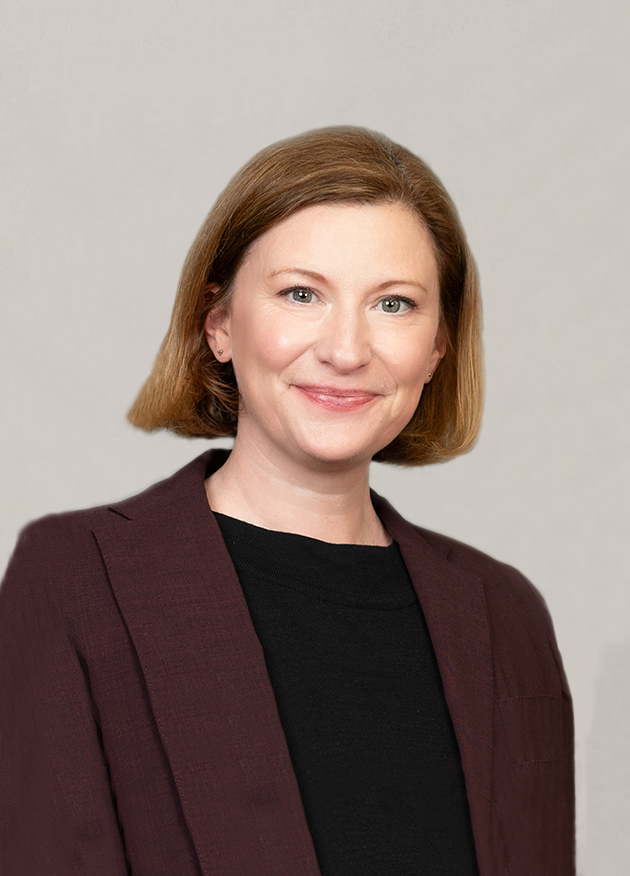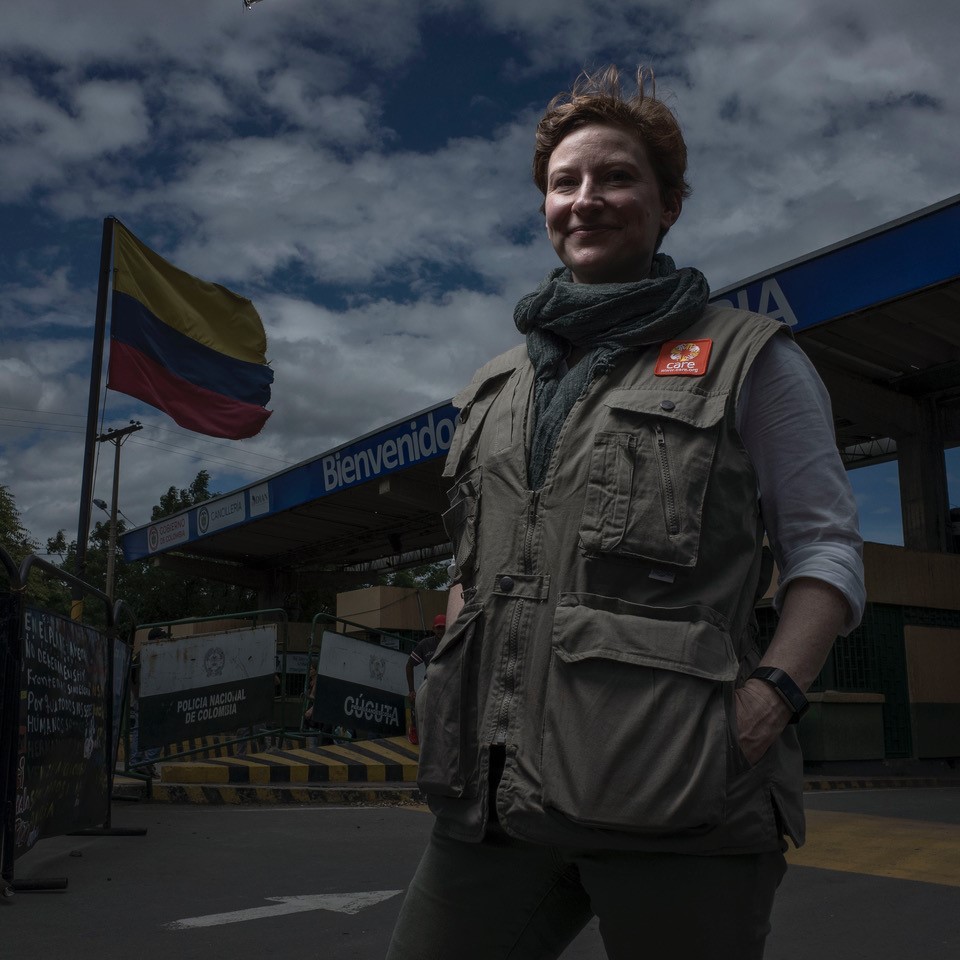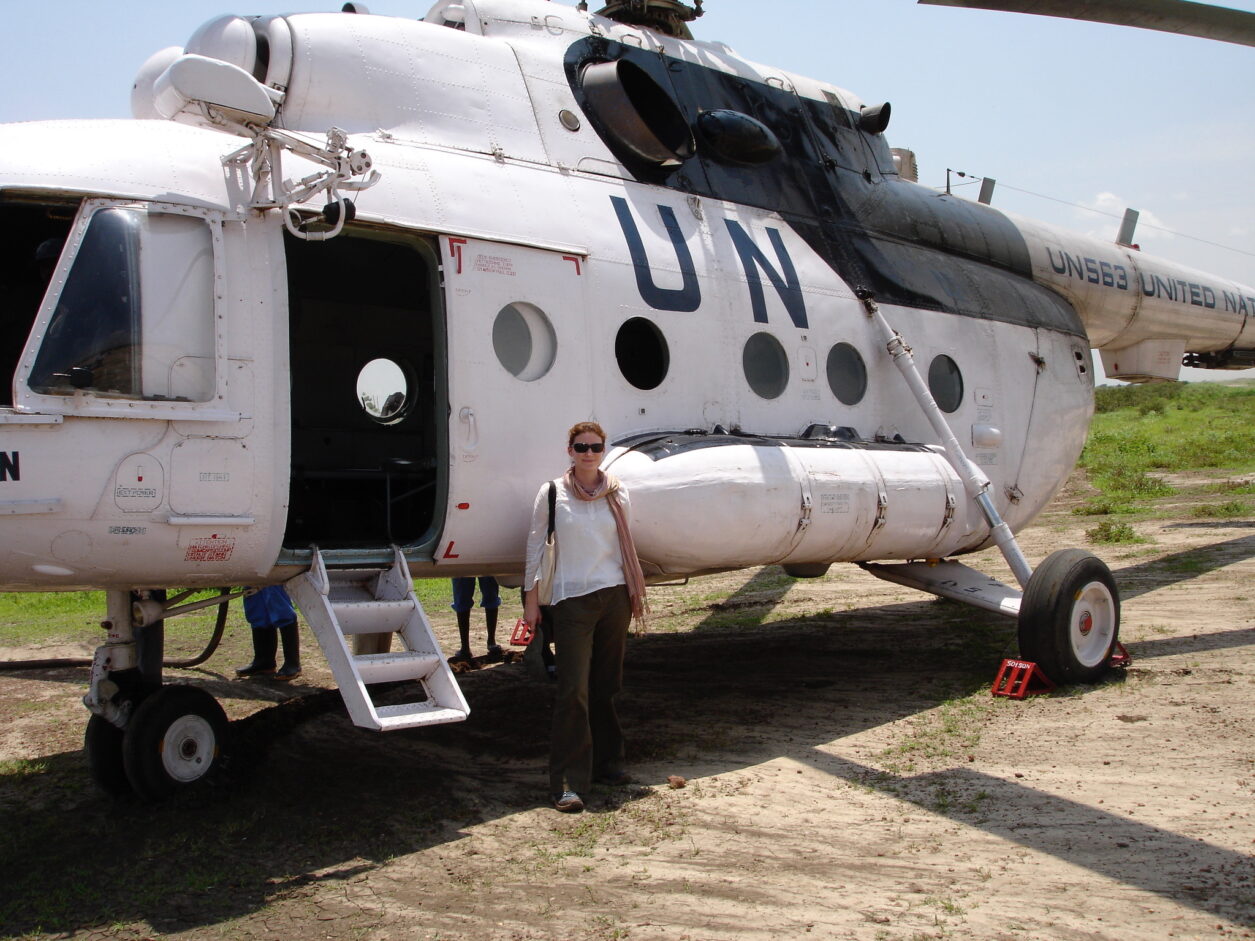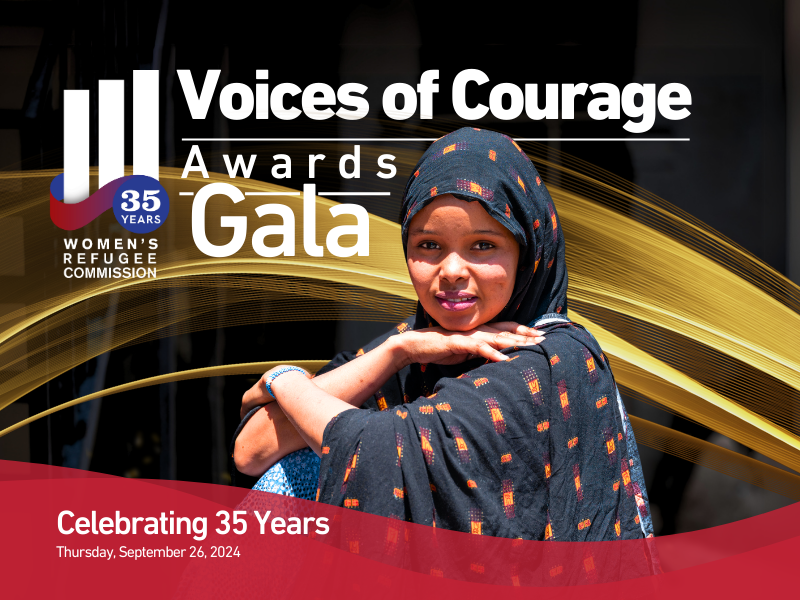 Susannah Friedman is the Women’s Refugee Commission’s Vice President of Programs.
Susannah Friedman is the Women’s Refugee Commission’s Vice President of Programs.
Susannah joined WRC this spring as Deputy Vice President for Programs before recently stepping into the role of vice president. She comes to WRC after nearly 20 years working in humanitarian affairs, with NGOs, UN agencies, and in academia. Susannah is currently on the adjunct faculty of Columbia University’s School of International and Public Affairs, where she teaches courses in humanitarian affairs.
We sat down with Susannah to learn more about her humanitarian work, what she is most excited about as part of WRC, and what inspires Susannah in this work on behalf of refugees.
What drew you to humanitarian work and, in particular, working on issues affecting refugees?

I served as a Peace Corps Volunteer in Nepal from 2001–2003, at which time a Maoist uprising was gathering steam throughout the country. I watched as young people, primarily boys and men, fled remote villages, settling in urban areas to avoid forced conscription and violence. I was also stunned by the level of sexual and reproductive health challenges girls and women in Nepal faced. I was compelled by what I saw happening around me and knew that displacement was an issue I wanted to learn more about and work on. That’s what set me on a path to work on humanitarian issues and forced displacement. I went on to study international affairs and work in crises around the world, but I always carried those early impressions with me. My experience living and working in the towns and villages closest to crisis and hand in hand with small local organizations impressed upon me just how important it is to truly listen to the voices of those impacted by crisis.
Throughout your career, what has inspired you most?

First and foremost, I have been inspired by the strength of people affected by crises. It’s a cliché, but it’s true. I am continually struck by the resilience of everyday people who find themselves caught up in the most horrific circumstances, often only because of the happenstance of where they live. As a mother myself, I draw a lot of inspiration from mothers doing everything they can to safeguard their children.
I also feel enormously lucky that I’ve had the privilege of working with and learning from some incredible people working in this field.
What are you most excited about in taking WRC’s work on crisis-affected women and girls forward?
I am so excited about leading WRC’s work to improve humanitarian action, particularly for women, girls, and other overlooked and underserved groups. In past roles, I’ve had to find ways to deliver humanitarian aid in some really tough contexts, so I understand the challenges of focusing on the quality of assistance when there’s pressure to just get aid onto the ground and into the hands of the people who need it. WRC brings so much value in this space through its work surfacing gender data, information, and analysis; bringing the voices of crisis-affected women and girls into the conversation; providing guidance to improve practice; and advocating for policy changes in service of the most vulnerable. WRC has a rich history of taking on the really hard gender-related issues that others can’t or won’t tackle. It’s important to me that we continue to take on the tough issues and provide the analysis and guidance not only in service of improving how humanitarian assistance is designed and delivered, but also to influence policy and funding decisions that have significant impact on crisis-affected people.
When you’re not working on humanitarian issues, what do you enjoy doing in your free time?
I spend a lot of time trying to keep up with my two daughters! I also love cooking (and eating!) and gardening. This summer, I’m putting a lot of energy into figuring out how to keep the rabbits out of my vegetable garden. They’re definitely winning.


